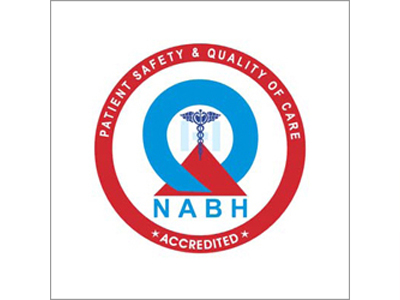India accounts for 17% of the diabetics of the world and is hence often referred to as the ‘Diabetes Capital of the World’. Around 77 million Indians are diagnosed as diabetic and forecasts predict that the number will reach 125 million by 2045.
Dr Aditya Kapoor, a retina specialist at L V Prasad Eye Institute, Kode Venkatadri Chowdary campus at Vijayawada, says, 'diabetic retinopathy is a serious complication of diabetes that affects the eyes and may lead to blindness if left untreated. It occurs when persistent high levels of blood sugar damage the blood vessels in the retina, causing them to leak fluid or bleed. As a result, the retina's ability to sense light and transmit images to the brain is compromised, leading to vision problems.'
Diabetic retinopathy is seen in 13% of patients with type I diabetes (early on set) for less than five years; and in 90% of patients who have had it for 10- 15 years.
On contrary, 40% of patients with type II diabetes (onset at a later age) develop diabetic retinopathy if they had it for less than five years. However, about 84% of patients with type II DM develop diabetic retinopathy if they have had it for 15 to 19 years.
Let's address common questions related to diabetic retinopathy:
1) Why is it important for a diabetic patient to undergo routine eye examination?
Diabetic retinopathy develops without noticeable symptoms, until the disease has progressed significantly. The delayed evaluation may result in blindness, thus making routine eye examination of utmost importance.
Initiating early treatment is crucial to reducing the risk of vision loss due to diabetic retinopathy.
2) When should a diabetic patient undergo screening for diabetic retinopathy?
It is recommended that patients with type 1 diabetes have a comprehensive eye examination 5 years after being diagnosed. Patients with type 2 diabetes mellitus should have an initial comprehensive eye examination immediately after being diagnosed. A yearly follow-up eye examination is recommended for patients with both type 1 and type 2 diabetes, although more frequent follow-ups will be needed according to the severity of the disease.
As regards pregnancy, it is recommended to have a comprehensive eye examination before conception and early in the first trimester. Follow-ups are based on the severity and progression of retinopathy in pregnant women with mild or moderate Non-Proliferative Diabetic Retinopathy (NPDR).
3) What symptoms may one experience in diabetic retinopathy?
Symptoms may go unnoticed in the early stages of diabetic retinopathy. As the condition progresses, one may develop:
- Floaters, perceived as dark spots or strings floating in vision
- Blurred vision
- Fluctuating vision
- Dark or empty areas in vision
- Vision loss
4) How do you manage diabetic retinopathy?
Risk factor modification:
- Controlling blood sugar levels
- Managing blood pressure and blood cholesterol levels
- Quit smoking or tobacco use
- Regular exercise and weight management
Treatment options for diabetic retinopathy include:
- Intravitreal injections
- Laser photocoagulation
- Surgery (in selected cases)
Even if diagnosed at an advanced stage, consult an ophthalmologist immediately! Do not lose hope. Treatment of diabetic retinopathy is available across all the tertiary centres of L V Prasad Eye Institute at Bhubaneswar, Kadapa, Vijayawada, and Visakhapatnam.


